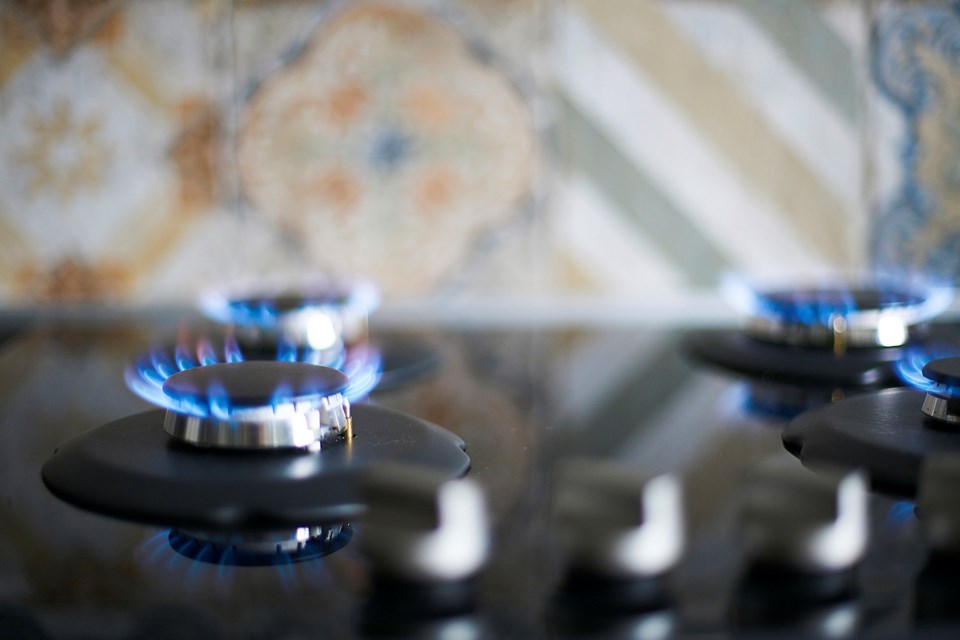One Vancouver city councillor is putting forward a motion to ban all infrastructure that allows for natural gas hookups in newly built homes, which builds on previous city council initiatives.
Coun. Adriane Carr will put forward the motion at the May 31 Standing Committee on Policy and Strategic Priorities agenda. She described the motion as filling a gap in current city bylaws surrounding natural gas in new builds.
The motion is asking city staff to report back to council with a plan to update Vancouver’s building bylaws to include “the requirement of zero-emission space and water heating in new residential buildings to include no gas hooksups for any purpose including cooking and fireplaces,” according to the motion.
According to city bylaws, new buildings are prohibited from using gas for heating and hot water. However, it still allows for the infrastructure hookups to be in place for gas fireplaces or stoves.
“It was sort of a glitch that it wasn't done all at the same time, but I think now, the truth is really out there from the scientists' point of view that we have to decarbonize very quickly. And putting in new fossil fuel infrastructure into new buildings does not make sense,” Carr said.
As of Jan. 1, 2022, new low-rise residential buildings require zero-emissions equipment for heating and hot water, according to the City of Vancouver and Carr. Glacier Media has also previously reported on FortisBC filing an application to the BC Utilities Commission for newly built homes that want a gas hookup to automatically receive renewable gas.
“There was some interest several years ago when we were pursuing this that people like to cook with gas, and so maybe allow that in. However, since then, there's been a lot of work done, including by celebrity chefs, saying it's actually way more enjoyable, and equally, if not more efficient to cook without gas, but using induction stoves,” Carr said.
Victoria, Saanich and Burnaby are among the municipalities that have already adopted, or are in the process of adopting, the highest level of the Zero Carbon Step Code, which incentivizes decarbonization in new builds, the motion said.
“Banning gas hookups would immediately push buildings into the upper tiers of the Zero Carbon Step Code. In combination with the Energy Step Code, buildings will be more energy efficient, healthier, and better for the climate,” said Mariko Michasiw, program manager for the Building to Electrification Coalition.
According to the motion, 25 per cent of current global warming is driven by methane from human actions. The natural gas that is used for residential consumers is over 90 per cent methane, it said.
In addition to city staff working on a plan to restrict natural gas infrastructure, the motion also calls for future reports and policies to look into phasing out the use of gas for cooking and fireplaces in existing buildings.
Carr said that this can come with a cost and she will be lobbying federal and provincial governments to help with the funding of retrofits.
“Given Vancouver, British Columbia and Canada’s commitments to being net-zero carbon by 2050, and climate scientists’ call to immediately transition away from fossil fuels, it makes no sense to allow building of new fossil fuel gas infrastructure,” said Carr in the council member motion.



